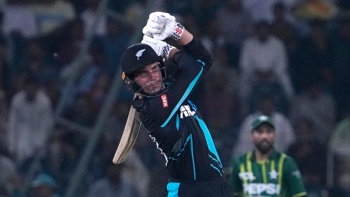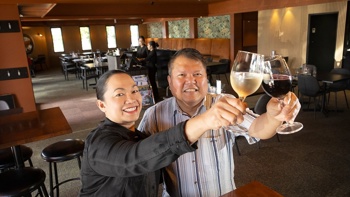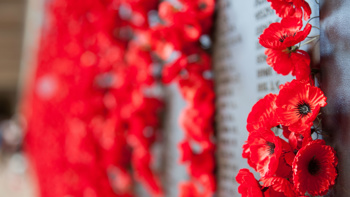The Crown has been told to set up a stand-alone Maori health agency and consider compensation for failing to improve Maori health over the last 20 years.
The Waitangi Tribunal said in a report released today that the Crown had breached the Treaty of Waitangi by failing to set up and run the primary health system in a way that reduced the gap between Maori and non-Maori health outcomes.
Changes made in 2000 were meant to close this gap, but Maori life expectancy was still seven years below non-Maori and Maori fared worse in nearly every area of healthcare from cancer rates to child hospitalisations and access to health services.
"Despite a few years of hope at the beginning of the twenty-first century, and some areas of improvement since 2000, the statistics before us still paint a grim picture of the state of Māori-health," the tribunal said.
The tribunal - which investigates any Government actions or laws which could break Treaty promises - made two key recommendations. It said the Crown should consider the establishment of a Māori primary health authority which would control and monitor Māori health-related spending and policy, and also consider compensation for underfunding of Māori health providers over the last 20 years.
One of the claimants estimated that Māori Primary Health Organisations (PHOs) had been underfunded by $348 million - though the Crown disputed this estimate.
The tribunal's report was the first in an ongoing inquiry into Māori health. It focused on the establishment of PHOs in 2000, which were partly designed to address unequal health outcomes for Māori.
The PHOs allowed community-led healthcare, with funding provided for clinics based on members rather than appointments. Māori groups established their own PHOs as a means to take control of their healthcare.
However, claimants said the funding model was not adequate for Māori PHOs, where members were often in poorer health, making it more expensive to look after than those of an average practice. Māori PHOs also received less than 2 per cent of health funding overall.
"All parties … including the Crown acknowledged the situation has not substantially improved since 2000," the tribunal said.
One of the claimants, Lady Tureiti Moxon, said Māori wanted a new health system based on self-determination.
"The primary health system has to change, in a way that Māori can determine our own future: for Māori, by Māori," she said.
The tribunal gave the Crown until January 20 to respond to its recommendations.
THE MĀORI HEALTH GAP
- Māori life expectancy 7.3 years (males) and 6.8 years (female) lower than non-Māori
- Māori 1.7 times as likely to die from their cancer compared to non-Māori
- Māori deaths from heart disease more than twice as high as non-Māori
- Māori rheumatic fever rates five times higher than non-Māori
- Young Māori twice as likely to be hospitalised for asthma
- 88.9 per cent of Māori immunised compared to 91.9 per cent for non-Māori
- Sudden unexplained death rate five times higher for Māori infants than non-Māori
- Māori more likely to have not seen a GP in last 12 months, not collected a prescription, accessed services later, and faced cost barriers to healthcare, than non-Māori
(Source - Hauora: Report on Stage One of the Health Services and Outcomes Kaupapa Inquiry 2019)
Take your Radio, Podcasts and Music with you









